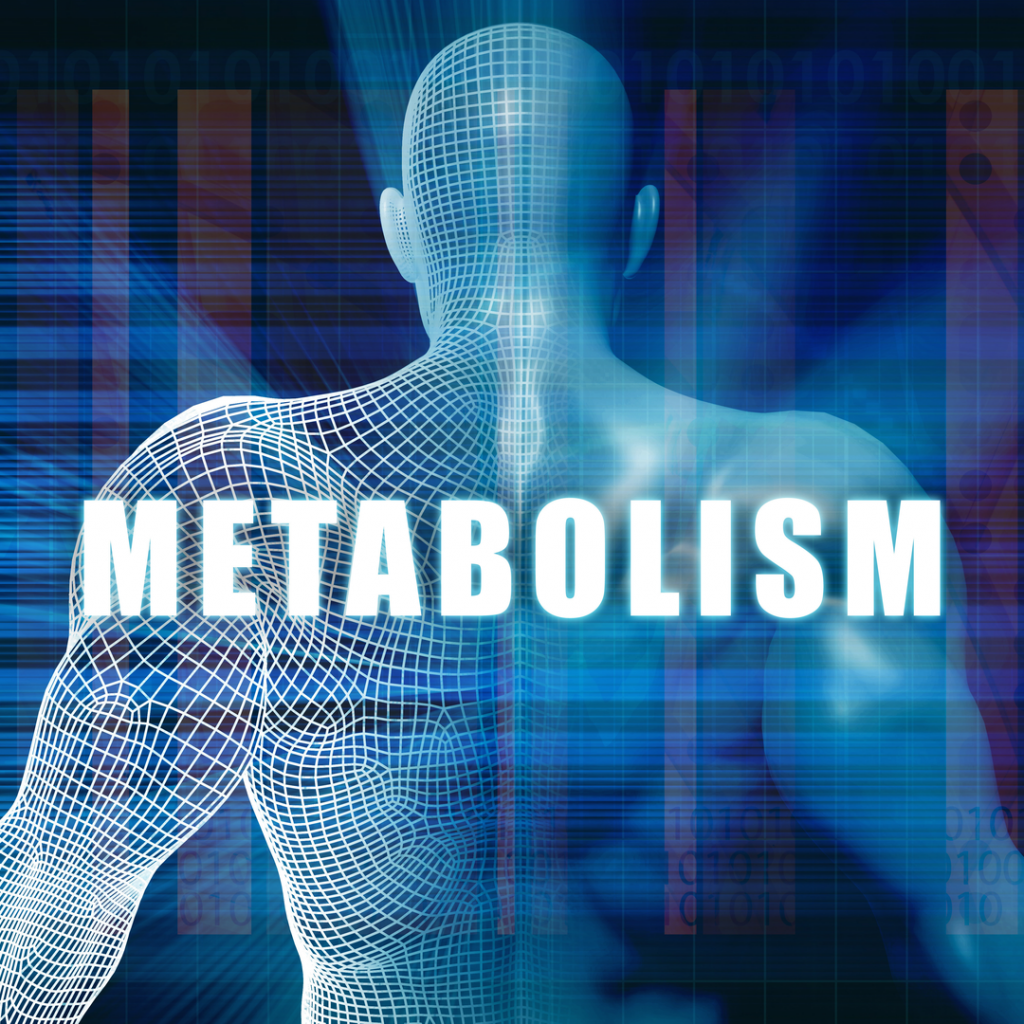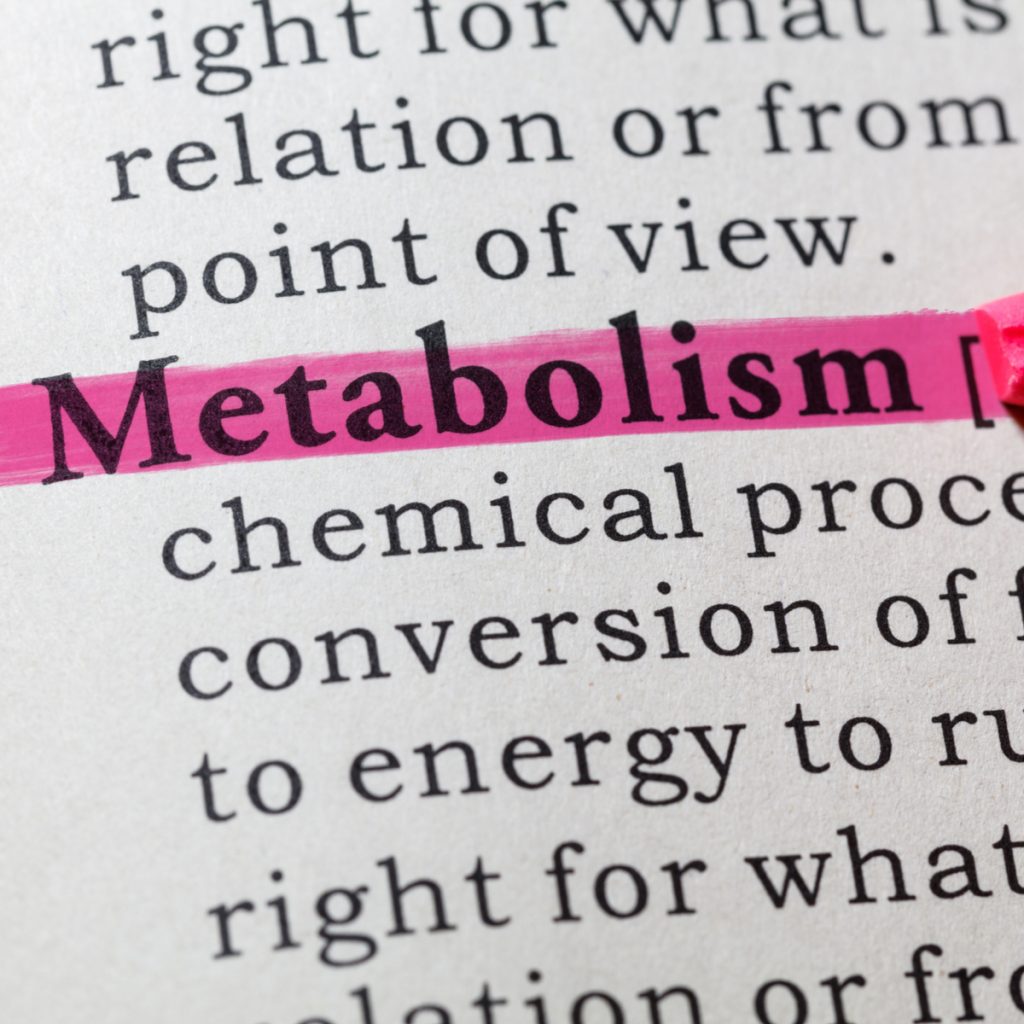Protein is essential for building new muscles and maintaining established ones. But how do you know much protein to consume to build new muscle?
The amino acids that make up protein are the real focus when calculating how much protein you need to eat to build new muscle. Luckily for us, world-renowned protein expert, Dr. Donald Layman devised a Personalized Protein Calculator to help you determine the recommended amount of dietary protein to consume for healthy muscle growth. And it’s probably not what you think!
In this article, we will review an easy way to calculate how much protein is recommended to build new muscle, how protein aids with muscle growth, and the benefits of following a protein rich diet optimized for muscle building.
How Do I Calculate the Amount of Protein Need to Build Muscle?
Dr. Donald Layman is a leader in the field of protein research and has published over 120 scientific papers on the study of optimized diet. In his studies, he has found that the recommended amount of dietary protein according to the Food and Drug Administration is not sufficient for a healthy functioning body.
For those those seeking to better understand how they can lose weight and build muscle by focusing on their protein intake, Dr. Layman and his team devised this simple protein calculator. In his research, he has found the current dietary guidelines very inadequate, and in general it is difficult to make a blanket recommendation of protein intake for everyone.
His unique protein calculator factors in your body weight, age, and health status to supply you with a daily protein recommendation that is appropriate for your needs. Using the calculator is as simple as entering your body weight and selecting your overall health goal.
Your results are emailed to you so that you can start optimizing your diet to fit your health needs, including building muscle. If you haven’t yet, you can check out the protein calculator here:
How Does Protein Build Muscle?
Protein itself does not muscle – it is only the package that holds the true muscle builders (amino acids). Proteins are composed of 20 different amino acids, each one serving a different functions in the maintenance and upkeep of your body.
The amino acid leucine is one that is of the most important for muscle building and it is critical that you get enough each day to maintain healthy muscles. Because your body body cannot make leucine; you must obtain it from the food you eat. Within most quality proteins, there is approximately 8% to 10% leucine content, but some poor quality proteins won’t have that amount. Dr. Layman has published numerous studies demonstrating the vital role that it plays in the repair and construction of muscle.
Leucine triggers muscle protein synthesis which builds new muscle within the body. However, there needs to be a certain amount of leucine in order for this mechanism to activate. Dr. Layman’s research has revealed that meals which contain at least 3 grams of leucine, consumed in a single serving, is sufficient enough to trigger muscle protein synthesis.
Leucine’s activates a regulatory protein to construct new muscle proteins, signals the use of fatty acids to create energy for new muscle production, and even has a benefit on regulating blood sugar.
Leucine also helps repair damaged muscle and replace existing nonfunctional proteins in the muscle. All of these extraordinary processes occur because of the things you eat. That’s why having a sufficient amount of high quality protein in your diet is so important.
Dr. Layman recommends consuming at least 30 to 36 grams of protein per meal in order to get the necessary amount of leucine required to perform its vital functions. one being a muscle builder. With the help of his protein calculator noted above, you can pinpoint a more exact amount of protein to include in your diet.
What Are the Advantages to Following a Protein Diet Designed to Build Muscle?
Building muscle isn’t as simple as just working out and daily exercise. While these habits are helpful, your diet is an extremely important part of body maintenance. A protein-rich diet can provide your body with the tools it needs to perform the way you want it to.
When you incorporate a protein based diet into your life, you will find that it does much more than help build, repair, and maintain muscle. The amino acids that are found within the protein you consume can also help you lose weight, regulate sleep, improve your mood, and optimize your overall metabolism.
The amino acids within protein rich food activate the mitochondria within your cells to produce energy in the form of ATP. One of the necessary molecules to create ATP is fat. One of the byproducts of ATP generation is heat.
Not only is your body actively burning fat, but the heat produced contributes to the feeling of satisfaction and curbing of your appetite. A protein rich diet can help you lose weight on your journey to build muscle.
Certain amino acids found in protein rich food have also been shown to regulate mechanisms within the body and brain that control sleep cycles and mood. With a protein based diet, you will be able to feel physically better and mentally stable.
Some people claim to follow a protein rich diet, but don’t feel the positive effects that it entails. If you’re abiding by the current FDA recommendations, you are not getting enough protein. Dr. Layman suggests you need two to three times what the government suggests in order to optimize your health.
Check out the protein calculator mentioned above for a personalized recommendation of protein intake based on your body weight and your health goals. Start taking advantage of the benefits a protein rich diet has to offer.
Conclusion
Protein is essential for building muscle. While a good general rule is to consume 30 to 36 grams of protein with every meal, every person’s body is different. Factors such as age, weight, and health status play an important role in the determination of protein needs.
Dr. Donald Layman has devised a Personalized Protein Calculator to help you pinpoint the targeted amount of protein to consume in order to build muscle. Check it out to see what your needs are. If you’re like most people, you have not been consuming enough protein to satisfy your body’s normal maintenance and optimization.
References
Breen L, Churchward-Venne TA. Leucine: a nutrient ‘trigger’ for muscle anabolism, but what more? J Physiol. 2012 May 1;590(9):2065-6. doi: 10.1113/jphysiol.2012.230631. PMID: 22548909; PMCID: PMC3447149.
https://nutrsci.illinois.edu/directory/dlayman



